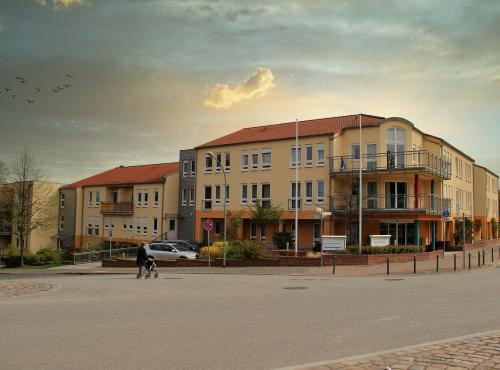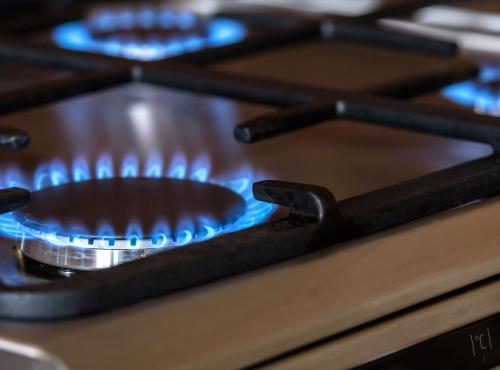Victims of Carbon Monoxide poisoning get new hope with launch of Neurology Clinic trial
Policy Connect is delighted that, for the first time in England, survivors of Carbon Monoxide (CO) poisoning suffering its life-changing debilitating effects will start to have access to a clinic specialising in the effects of CO poisoning on the brain.
For decades victims of this silent killer have been neglected. Every year thousands of people in the UK are poisoned by CO, but misdiagnosis and poor understanding mean many of its victims are unable to access care and treatment. A patient exposed to CO may develop what is known as an Acquired Brain Injury as a result of oxygen deprivation and nerve cells being poisoned.
Following an inquiry led by the working group of healthcare professionals that sits within the All Party Parliamentary Carbon Monoxide Group (APPCOG), a CO-Neurology clinic-university partnership model, funded by the Gas Safety Trust, is being tested in St George’s University Hospitals NHS Trust. The Study to test the model is being led by Dr Peter Jenkins. It is aiming to recruit 50 participants who will undergo a thorough assessment including memory tests, blood tests sensitive to damage to brain cells and effects on behaviour and wellbeing. The criteria for participation in the study is that the individual must have experienced proven CO exposure (raised COHb or proven raised CO levels and symptoms consistent) within the last two years. Individuals meeting these criteria should contact the study group at COstudy [at] stgeorges.nhs.uk (COstudy[at]stgeorges[dot]nhs[dot]uk).
Jonathan Shaw, the Chief Executive of Policy Connect said:
“For the first time in England and Wales, thanks to the long-term collective efforts by Parliamentarians, the gas industry and medical professionals, a new brain injury clinic is being trialled. This will kick off the process of ensuring individuals suffering brain effects from CO poisoning will be diagnosed and treated.”
Notes to Editors
What is Carbon Monoxide poisoning
Carbon Monoxide is a toxic, invisible and tasteless gas produced when carbon-based fuels burn incompletely. In England and Wales, every year at least 30 people die and over 4000 have to visit A&E. Because the symptoms of CO are similar to those of other illnesses such as flu, Covid-19 or even a severe hangover, a diagnosis is not always made.
It is known that CO can cause damage to the brain. Examples of poisoning have shown that there can be significant debilitating effects including poor impulse control, and people can experience difficulties in creating and maintaining social relationships. This permeates through every facet of a victim’s life, and can affect their career, relationships and mental health. To make matters worse, victims of CO suffering these effects are often left with no explanation of why. Indeed, it is entirely likely there are many victims whose quality of life has been immeasurably worsened by CO poisoning, who have no idea their brain has been poisoned by CO.
New Clinic, New Hope
Following an inquiry led by the COMed working group of healthcare professionals that sits within the All Party Parliamentary Carbon Monoxide Group (APPCOG), a CO-Neurology clinic-university partnership model, funded by the Gas Safety Trust, is being tested in St George’s University Hospitals NHS Trust. Drawing on the proven success of clinics working on treatment of Parkinson’s disease, dementia, and multiple sclerosis, this will provide researchers and healthcare professionals with a previously unprecedented body of evidence to better understand CO poisoning. From the detailed history and cognitive testing the clinic will start to provide, we can hope to transform diagnosis and treatment of CO, and finally begin to deliver the specialised and targeted treatments for the thousands of survivors who have been left behind.
Making people safe in their homes from CO poisoning
Policy Connect welcomes the consultation by the government published in November 2020 on requiring CO alarms to be installed in all homes with any fuel-burning appliance. However, alarms are not a silver bullet: incidents of CO poisoning will continue to occur for the foreseeable future and those already poisoned may suffer for decades. New and existing survivors of CO poisoning should have the right both to proper treatment, and recognition that their symptoms are as a result of their CO poisoning.
We anticipate that the study at St George’s Hospital will demonstrate the need for further research and would like to eventually see the expansion of this model to a developing a full, nation-wide CO-neurology clinic. This has the potential to improve and transform the lives of thousands of victims, and it is long overdue.



